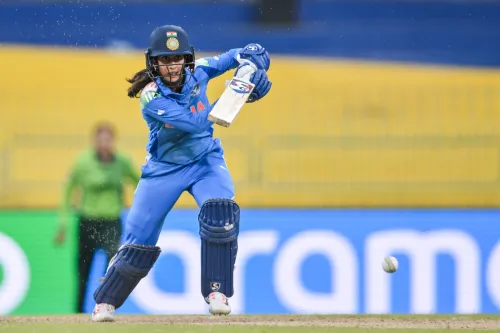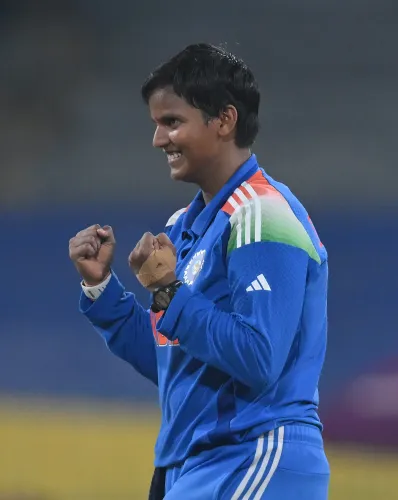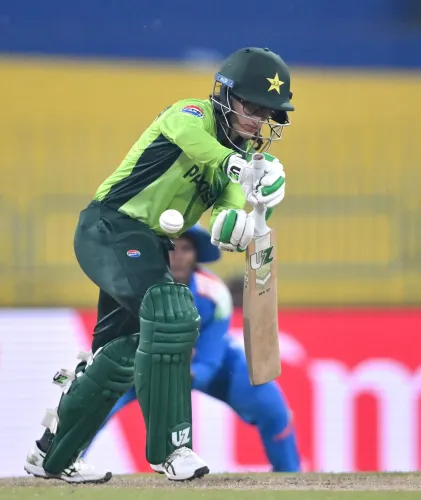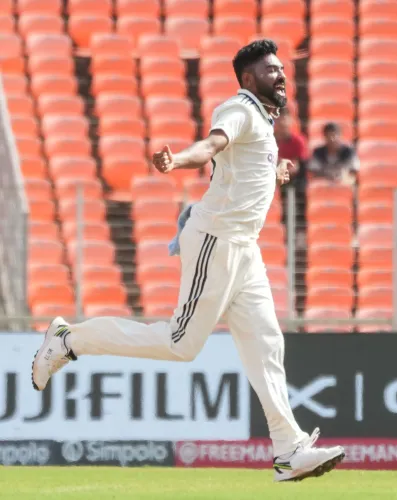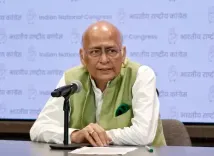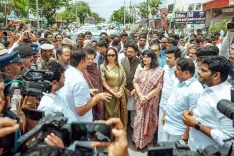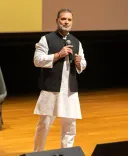Will AIFF Address the Uncertainty of ISL's Future in Meeting with Club CEOs?
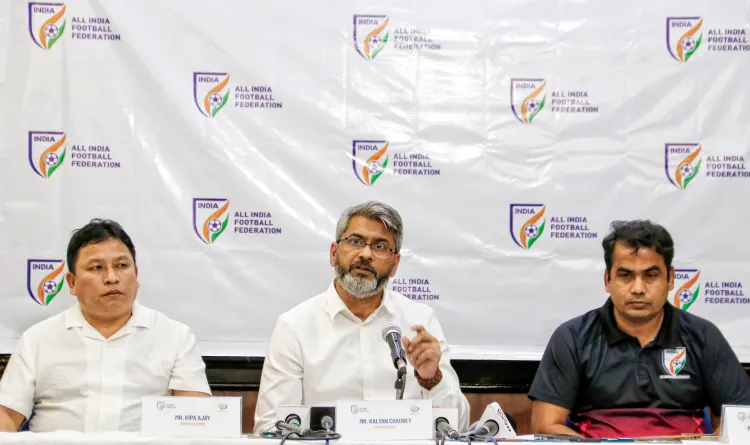
Synopsis
Key Takeaways
- The AIFF is meeting with ISL club CEOs to discuss the league's future.
- The 2025-26 ISL season is currently on hold.
- Contractual issues are central to the ongoing uncertainty.
- The Master Rights Agreement is vital for the league's operations.
- The meeting could reshape the ISL's future.
New Delhi, Aug 4 (NationPress) The All India Football Federation (AIFF) is set to convene with the chief executive officers of eight Indian Super League (ISL) clubs in New Delhi this Thursday to tackle pressing concerns regarding the league's future.
This meeting follows the announcement from Football Sports Development Limited (FSDL) on July 11, indicating that the 2025–26 ISL season has been put “on hold” due to unresolved contractual matters.
”AIFF officials will engage with CEOs from eight Indian Super League clubs on Thursday, August 7, 2025, in New Delhi, to discuss critical matters concerning #IndianFootball,” the Indian Football Team shared on X.
FSDL, the commercial partner and organizer of the league, attributed this decision to ongoing negotiations and a lack of consensus on key terms. In response, the AIFF declared its commitment to taking necessary actions to ensure the ISL's continuation, hinting at a possible divergence in objectives between the federation and FSDL.
Central to this situation is the Master Rights Agreement (MRA) between FSDL and AIFF, which outlines the operational, structural, and commercial framework of the ISL. The MRA is due to expire on December 8, 2025. Without a renewed or modified agreement, stakeholders are increasingly anxious about the league’s long-term trajectory.
Given the ISL’s historical September-to-April schedule, preparations for the 2025–26 season would generally commence well in advance. Clubs, broadcasters, and sponsors depend on clear timelines, commitments, and commercial terms to manage logistics, player signings, and marketing initiatives. The absence of a resolution is already fostering unease within the ecosystem.
While FSDL has been pivotal in the league's expansion since its inception in 2014, AIFF’s recent comments imply that the governing body is investigating all options to secure the ISL’s future—potentially even in a new or revised format.
The upcoming meeting is anticipated to be a crucial discussion involving club apprehensions, the future of the ISL, and the role each stakeholder will assume to sustain and evolve the league.

